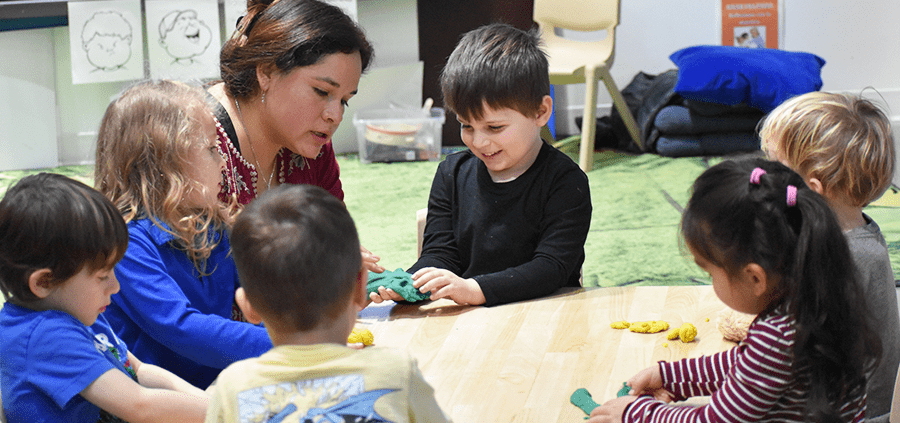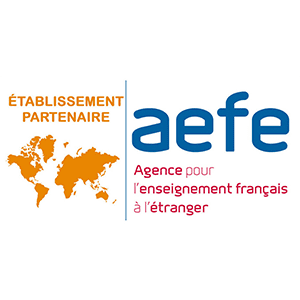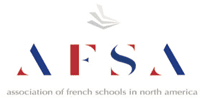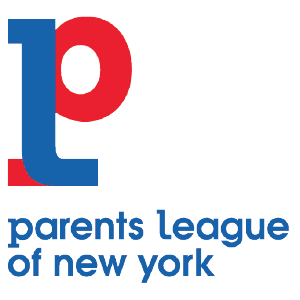Lights on Our After-School Program
After-School Program at Tessa
Tessa strongly believes that providing an effective after-school program to our students is to give them the chance to develop new skills and confidence. Fortunately, Tessa parents have a wide range of creative activities when it comes to choosing high-quality after-school activities for their children. As of today, more than twelve after-school activities, ranging in age from Pre-K through Grade 8, are available in various areas including language, music, art, theater and sports. Out of all of them, after-school language classes in French, Mandarin and Spanish are the pioneer programs at Tessa. The goal is to give all children a meaningful foundation in the language through games, songs, art and more. This entire program is led by dedicated teachers who understand the necessity to teach from an early age and strive to provide the best education.
Here are some highlights for the January – April term:
Woodworking – Tuesdays, 4:00 – 5:00
The Woodshop afterschool program will focus on learning the use of manual woodworking tools such as sanding blocks, clamps, hammers, screw drivers, small saws, manual drills to build projects out of wood. Students will plan, measure and build their projects while learning concepts in math, geometry, engineering and physics. Each student will learn the safe use of hand tools, measuring and level aids, woodworking techniques as well as wood protection and the use of natural finishes. Handling real tools increase fine and gross motor skills, hand eye coordination and spacial reasoning.
This year we will concentrate on a curriculum of engineering projects such as pulleys, levers, cranes, wheels and axles and other projects with moving functional parts. Students will build each project during a course of a few weeks and take them home when finished. Each semester students will bring home 4 to 5 finished projects.
Little Gardeners and Artists – Wednesdays, 3:30 – 4:30 pm – January only
Join us for 4 fun weeks of STEAM activities where we will learn about the life of a plant while using our creativity to make nature-inspired artwork. Activities involve artwork with leaf impressions and making our own ceramic pinch pots that we will grow our own plants from. Fee includes materials and firings.
TessaPrep – Russian – Thursdays (registration will be available soon)
If you have already enrolled your child in Tessa after-school program then you made the right decision, if not we are waiting for you! Enroll now.
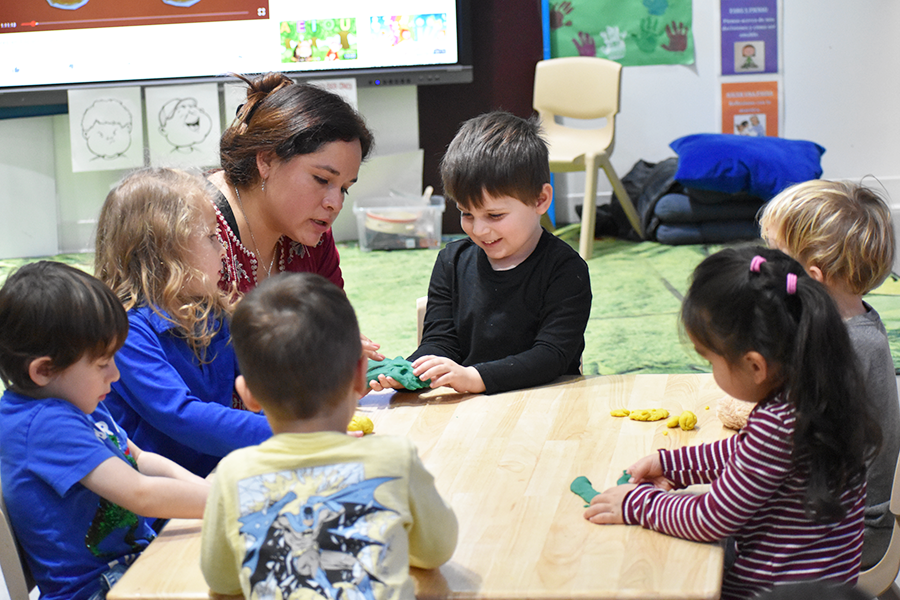
What Are the Origins of After-School?
To understand where the after-school program comes from, it is necessary to go back to several social and economic events throughout history. First of all, the presence of more and more women in the workforce, especially during the World War II had a considerable impact. Indeed, as women became the main source of labor, they had no other choice than leaving their children unsupervised after school hours. Then when the child labor law was enacted, forbiting child hiring for all factories, children got more free time without parents. With the economic development of the United States, more and more urban areas were built, so children had to play often out in the streets which led to health and safety concerns. Therefore, after-school programs were presented as a way to minimize exposure to such negatives influences and start receiving many sources of funding. Nowadays, after-school program has evolved and is no more a matter of safety but a booster of academic performance for the children of working parents.
Today more than 10 million children in the US so nearly 1 in 4 families currently has a child enrolled in an after-school program.
The Benefits of After-School Programs
Parents across the United States agree: after-school programs are vital to a child’s success.
Effective after-school programs can bring a wide range of benefits to youth, families and communities. They can boost academic performance, reduce risky behaviors, promote physical health, and provide a safe, structured environment for the children of working parents.
Thanks to these programs, children can develop strong social skills, they get the chance to know different kids than those they see at school so the program can give them a chance to connect with familiar kids in a different environment and so avoid social issues.
These programs can also improve classroom behavior, school attendance, and can lead to higher graduation rates thanks to teamwork, leadership and critical thinking skills learned during the program.
After-school programs can also play an important role in encouraging physical activity and good dietary habits. After-school sports will additionally help your kid to develop their competitive spirit as well as their focus, stress management, and mindfulness.
Source of infographie : https://afterschoolforamerica.org/


